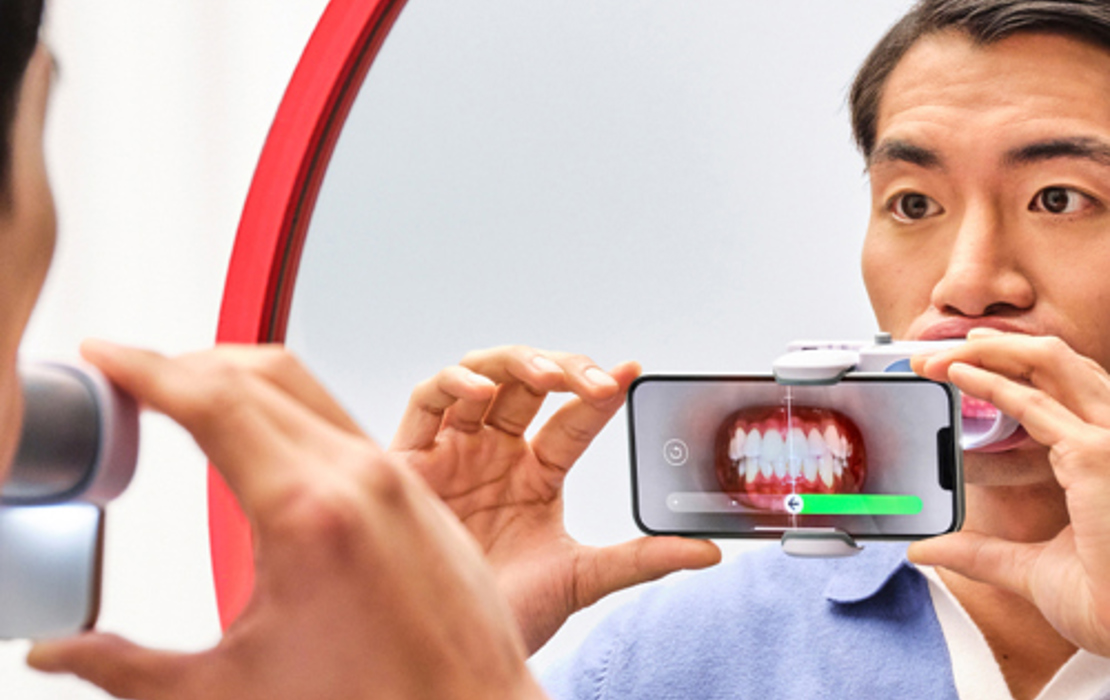My View: New guidelines emphasize safer, more effective pain management


Pain is a primary reason for patients seeking dental care and also results from many dental procedures. As dentists, it is our professional imperative to minimize pain for our patients.
Much of my work as a dentist and researcher has centered on better understanding dental pain to improve its management. That’s why I was excited to contribute to the development of a set of new guidelines endorsed by the American Dental Association that offer recommendations for acute pain management in pediatric patients and in adolescents, adults and older adults. Both guidelines give clinicians evidence-based decision-making tools to provide comfortable and safe dental treatment.
The guidelines address dental pain from an extraction or toothache, both of which arise from inflammatory processes. Because of the inflammatory nature of that pain, evidence from the guidelines supports managing it with nonsteroidal anti-inflammatory drugs, such as ibuprofen or naproxen, alone or in combination with acetaminophen or in conjunction with other treatments like local anesthetics.
When patients experience significant pain, they might think that an opioid is the most appropriate remedy. However, opioids are simply not the most effective medication for inflammation-based pain. Furthermore, like all clinicians, I am concerned about the impact of opioids on the overall health of individual patients as well as on population health.
As noted in the guidelines, when used as directed in the recommendations, NSAIDs are actually safer and more effective than opioids at reducing acute dental pain in people of all ages. Given the known risks of opioids — especially to children under age 12 who should not be prescribed them — NSAIDs offer a solution with no abuse potential that effectively manages short-term dental pain.
Of course, there may be some situations in which an opioid may be indicated for an adolescent or adult patient. The guidelines also include recommendations for prescribing them in those limited circumstances.
According to the guideline for adult and adolescent patients, clinicians should avoid prescribing opioids “just in case” of breakthrough pain. Factors that could result in dependence or contribute to misuse should be carefully considered before prescribing them. These could include past or current illicit or recreational drug use or diagnosis of substance use disorder.
Before prescribing an opioid, dentists should engage patients or guardians in shared decision-making and document informed consent. The conversation should address potential risks, such as physiological dependence or opioid misuse, and should also include pain control expectations so that pain management goals are aligned between patient and dentist. No matter which analgesic is prescribed, the recommendations emphasize dispensing it at the minimum effective dosage.
It’s also critical to discuss proper storage and disposal of opioid medications with patients and to inform them about the availability of naloxone. The guideline for adult and adolescent patients suggests prescribing naloxone to patients at an increased risk of opioid overdose or to those who may have household members at risk for overdose or accidental ingestion.
These guidelines are an important resource for dentists seeking support in managing their patients’ pain. While there may be circumstances that require alternative approaches, such as medical contraindications, dentists can have confidence in knowing there is evidence-based advice to guide their decision-making.
I’d like to thank the ADA Science & Research Institute (now the ADA Forsyth Institute), University of Pittsburgh School of Dental Medicine, McMaster University, Center for Integrative Global Oral Health at the University of Pennsylvania School of Dental Medicine and Art of Democracy for their collaboration on this guideline. Recognition is also due to the U.S. Food and Drug Administration and Department of Health and Human Services for funding this crucial work via grant #U01FD007151.
The contents of the guidelines are those of the author(s) and do not necessarily represent the official views of, nor an endorsement by, the FDA, HHS or U.S. government.
Sharon M. Gordon, D.D.S., Ph.D., is professor and the inaugural associate dean for academic affairs and research at the Kansas City University College of Dental Medicine. She is a consultant to the ADA’s Council on Scientific Affairs and councilor for the Missouri Section of the American Association for Dental Oral and Craniofacial Research where she coordinates judging for the AADOCR/DENTSPLY Student Clinician Research Program.



